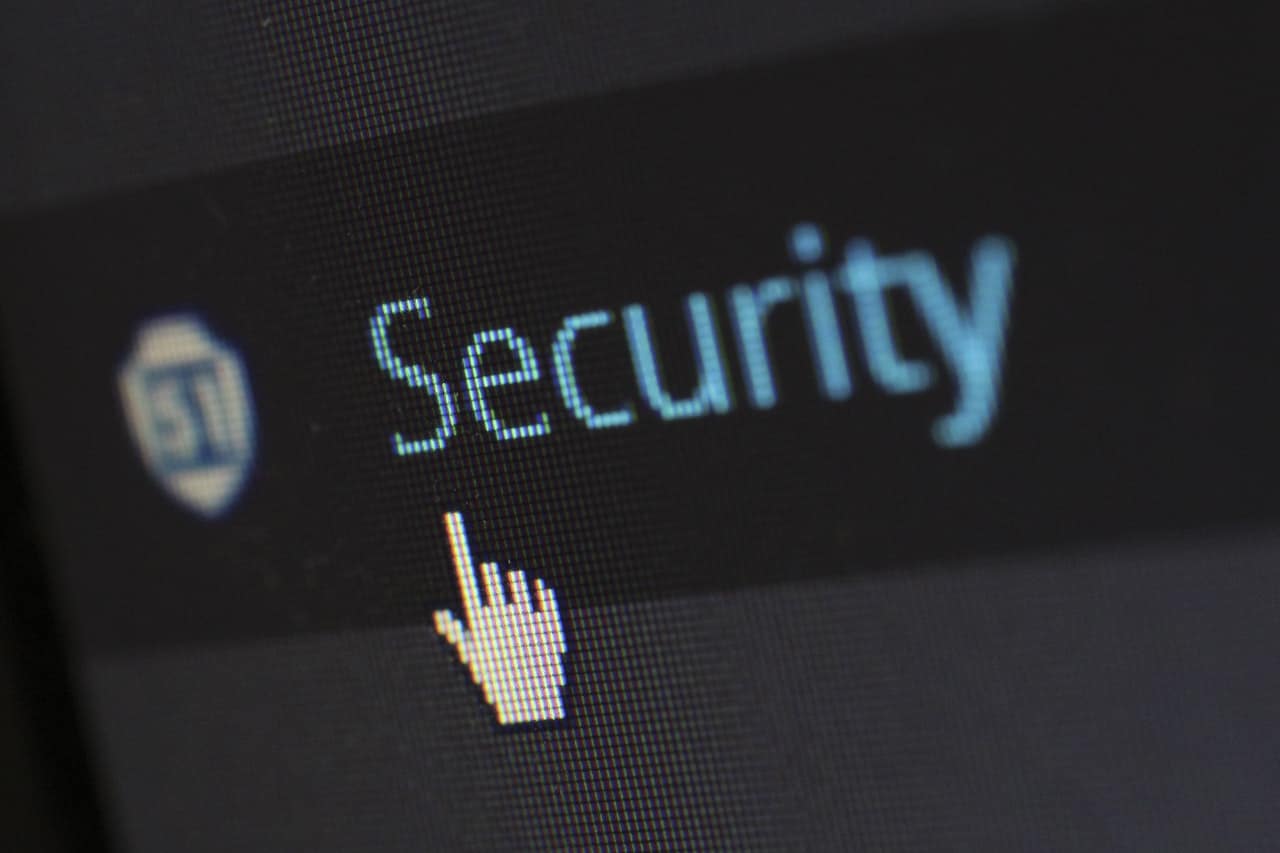
16 Jul Do You Have Internet Privacy at Work?
At many places of employment, people use desktop or laptop computers with internet access to get their jobs done. However, this always leaves the opportunity open for employees to access the internet for personal reasons. Which leads to the question: Do you have internet privacy at work? Some Canadians have tried to use this as an excuse to get VPNs.
Related Post: Best VPN for Canadians
Privacy, just like any other basic human right, is at the center of controversy when it comes to use of the internet on workplace computers. Typically, since the computer equipment is the property of the company, the internet connectivity is paid for by the company and you are on company time, your employer may feel that whatever you do when you are at work can and should be monitored. While some employers may give you some basic workplace privacy, laws on this vary from state to state, so you can’t count on that. That means from the time you clock in for work at the beginning of your shift to the time you leave, everything you do and communicate may be monitored by camera, internet browser tracking and general company management. In most cases, the company you work for looks at this as protecting the confidentiality of any information exchanged by employees and customers. Companies have a legal obligation to monitor any activities that could possibly be illegal or offensive to the outside world. Records of email exchanges can be subpoenaed at any time so the company has to have steps in place to ensure this can be handled. So employees should never assume that it’s their right to have internet privacy at work.
So how can employees reduce the intrusion into their private lives when using the internet at work? The most obvious would be to never visit any personal sites while at work. Of course, this is not always possible so you can always limit the amount of time you spend on the internet while at work to when you take your lunch break. Most companies have a policy that allow you to use the internet during these times, but if you are unsure of what your company allows, ask your immediate supervisor or consult with the Human Resources department. One of the most important things to remember is that while the employer can track the activities of a particular computer via the IP address and cookie history stored on your computer memory, your actual personal information such as your name, address or bank account information cannot be stored there unless you put it there. In other words, if you don’t want your personal information stored, don’t make purchases online with personal credit cards, don’t use your real name when filling out forms or entering passwords for online sites. Remember, you can make up names and identities for online forms. You can preserve your internet privacy by limiting the amount of personal information you choose to share by not using the workplace computer to access those types of activities.
Ultimately, safeguarding your internet privacy at work is up to you.




Sorry, the comment form is closed at this time.